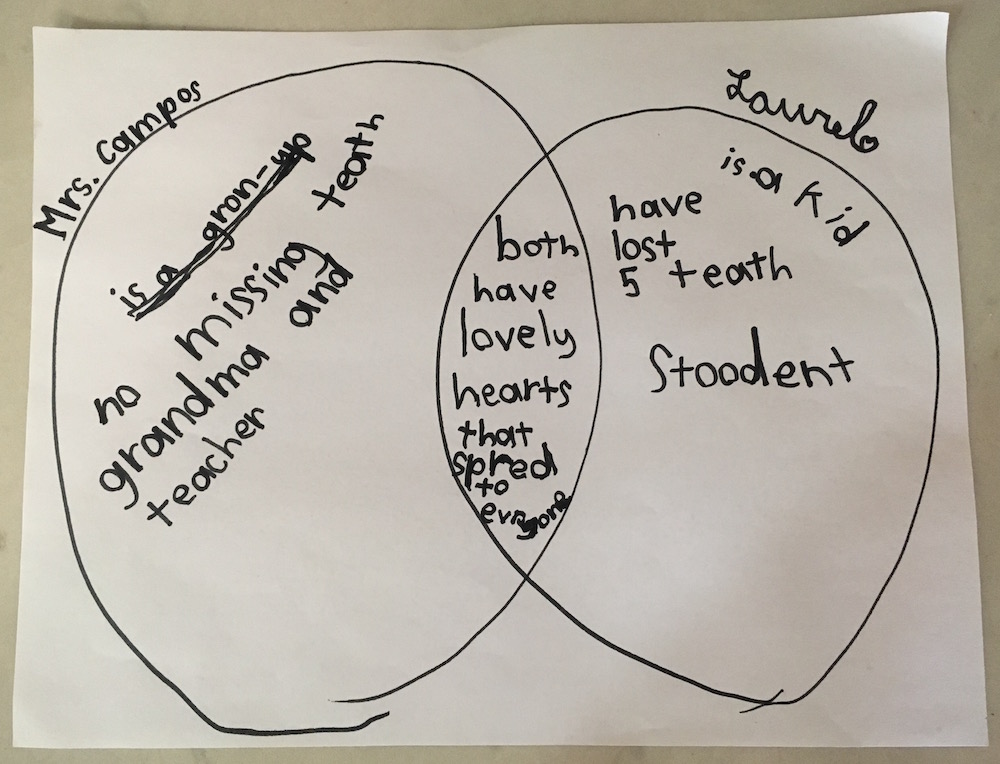Japanese readings of Sinographic names
Eoin Cullen wrote in:
I recently learnt that although Taipei たいぺい is generally used as the Japanese reading for Taipei 台北, NHK still uses the colonial form Taihoku たいほく. Is this still true in 2018? Why would the national broadcaster persist in using an archaic term? To me, it seems it would be comparable to the BBC insisting on using the name Ceylon to refer to Sri Lanka.
I asked several colleagues who are specialists on Japanese what the significance of this usage might be.
Read the rest of this entry »



